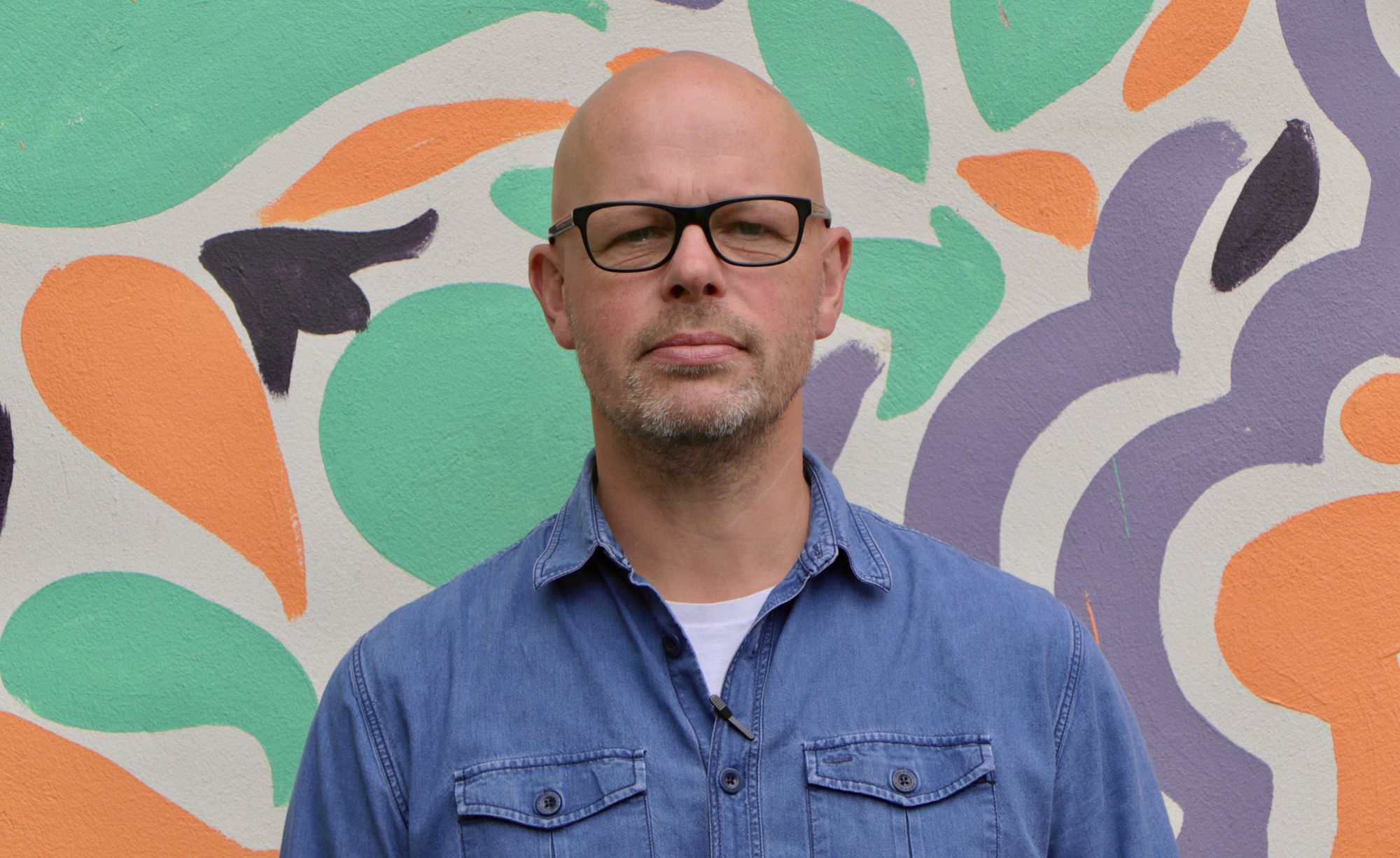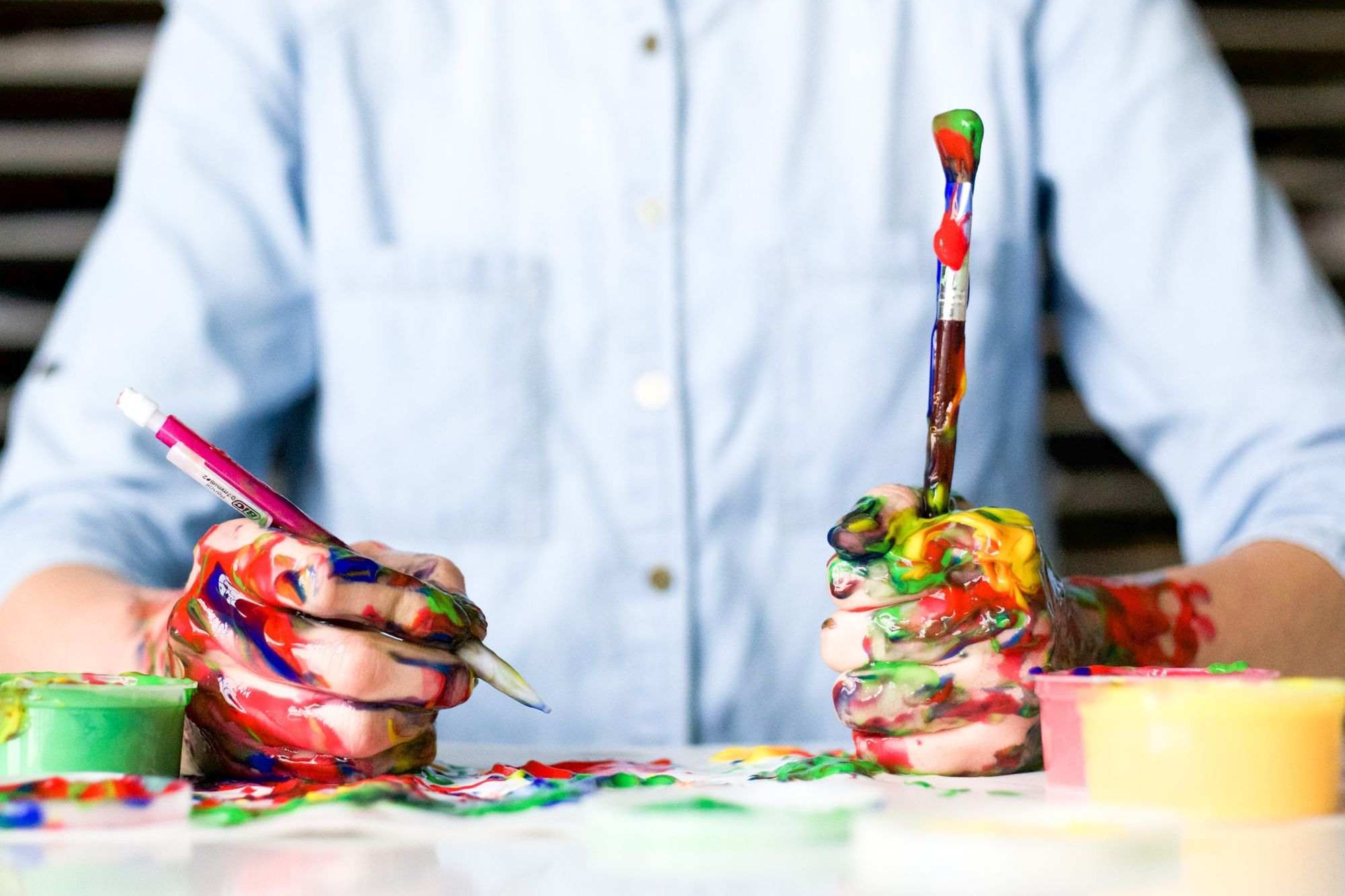By Fergal Maguire, Features Columnist
Creativity is defined, admittedly ambiguously, as ‘the ability to create something new’. But is this ability a fundamental talent that some people are lucky enough to be born with? A kind of preordained ability that you either have, or you don’t. Or is it a skill set that can be taught to anyone? A more universal yet intangible concept?
Or perhaps we need to move away from the idea that creativity is exclusive to the arts all together and embrace the fact that it is something broader than that, it can be theoretical physics or an innovative way of navigating tricky access to filming a wildlife documentary. Or it can be a way of enriching our relationships.
I had a conversation with Simon Blyth, a senior lecturer and creativity researcher in the centre of innovation at Bristol University, in order to discuss creativity and how he understands it. Blyth challenges the idea of the lone creative genius; he believes that everyone is equal in the creativity stakes.

As we sat in Blyth’s office, about to start our interview, I noticed the mountains of books surrounding his office all with titles relating to the philosophy of creativity in some way. It occurred to me that there was no way that we were going to be able to solve the mystery of creativity in the next forty minutes. Nor in this article either. But for Blyth that’s not what his endeavour is about.
It seems that he is still embedded in the struggle of trying to understand creativity in its entirety and in this sense I find it difficult to pin down who this man is. The instructive title of the module that he started and teaches, ‘How to be creative’, I soon learn, is somewhat of an intended irony.
'It's like love - the more you analyse it the faster it disappears' - Bill Bernbach.
His office is on the top floor of one of the University’s trademark brutalist buildings, and the view is spectacular.
“I’m taking the piss with the title” he says to me in his distinctively North London accent. For Blyth, creativity is something more complex than just a calculated formula that leads directly to being creative. It is about opening up your mind and asking questions; about generating moments of joy, in whatever form that may be.
How does being creative manifest itself in your life? I ask.
“It often appears in people’s lives in very different ways” he replies. “For me, my academic research is the place in which I flex my creative muscles”. Blyth mentions how he is interested in the psychology of creativity; “the idea of the ‘flow experience’ is fascinating, that notion of being so absorbed in doing something that all sense of time and place disappears, and you get lost in your thoughts. This resonates with me hugely, especially in my academic work”.
Is this something we all experience? Mihaly Csikszentmihalyi, an Hungarian-American psychologist, founded this concept of the ‘flow experience’, attributing it to a major factor towards happiness. ‘It gives you a pure sense of timelessness, serenity and ecstasy’. Although this is only one part of creativity, its significance surely lies in the fact that it is an experience that transcends all creativity, whether that involves someone creating a painting, someone researching a scientific theory, or even people having a gripping conversation.

“What do you do when you’re not working?”, I ask.
At this point he relaxes back into his chair. “I’ve just adopted an ex-race horse” he replies, casually. “We’ve got two at the moment, Harry and Tawny”.
“So dressage and all that jazz” I ask.
“Not at all”, he replies quickly, “just wild riding, out in the countryside. Away from it all”. I feel like I’m beginning to understand Blyth more now. He describes the joy of riding in the Black Mountains with his three children; the beauty of the experience. “There is something about being a father and riding with your children. There’s endless laughing”.
It occurred to me at this point how much of a rich childhood Blyth was giving his children; how pure the experience was that he was giving them; creating for them. He was – almost subconsciously - creating those moments of total absorption, of serenity and ecstasy; those moments of ‘flow’. But did he realise he was even doing it?
So I ask myself the same questions again. What is creativity? Why is it useful? Where does it come from? And why is it such a hard concept to pin down? Well, to be honest I’m still not too sure. But perhaps creativity isn’t just about artistic creation. Maybe it really is something broader than that; something more universal; something more fundamentally human.
'It's like love - the more you analyse it the faster it dissapears'
Featured Image: Epigram / Simon Blyth









